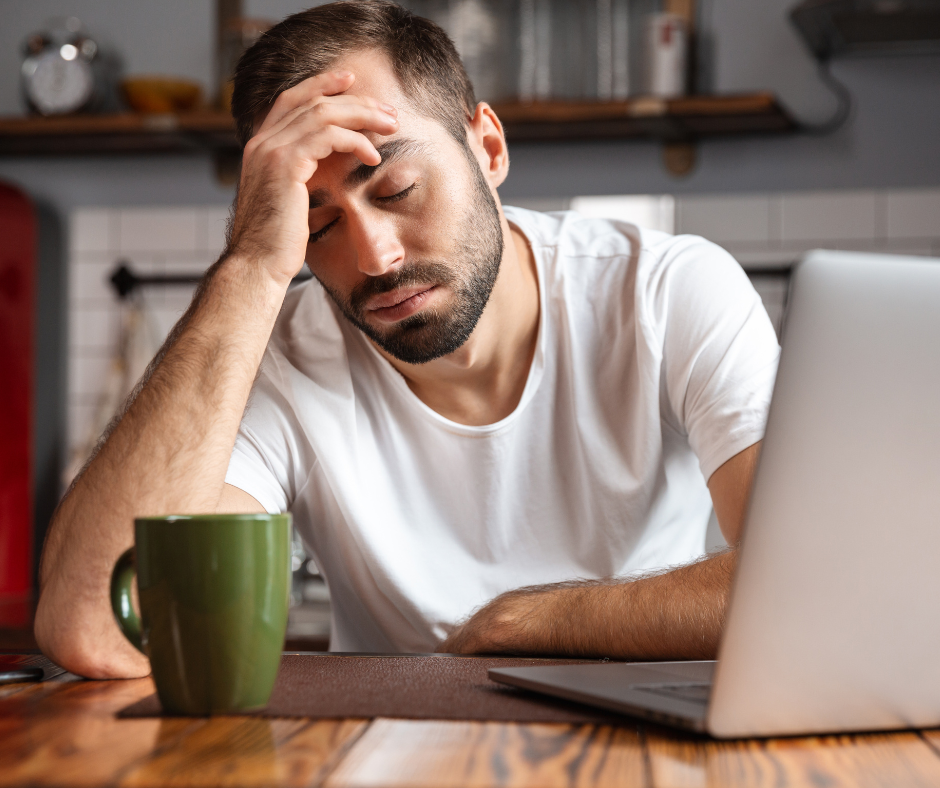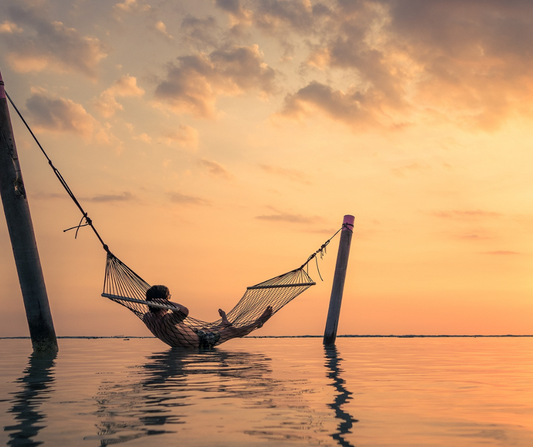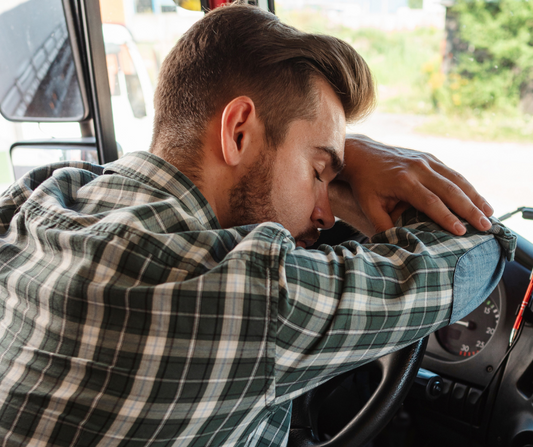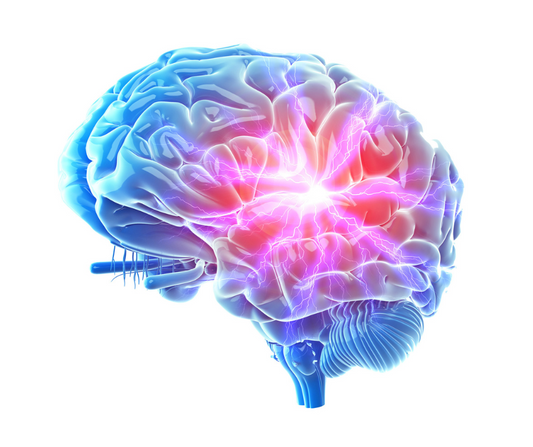Ah, caffeine. That steaming cup of joe (no narcissism intended). That nurturing mug of tea. That cold can of Red Bull. If you find yourself reaching for a jolt of caffeine first thing in the morning as you roll out of bed, you’re in good company.
In the United States alone, about 90% of the adult population consumes caffeine, and the fact that more than 50% of adults consume around 300 milligrams per day (the amount in a Starbucks Grande) makes it America’s most popular drug.
Yes, caffeine is a drug
Caffeine, medically recognized as a white, bitter powder known as trimethylxanthine is classified as a psychoactive drug due to its effect on mood and behavior. The substance is naturally found in chocolate, coffee, and tea, and is used as an additive in assorted soft drinks, energy beverages, and medications for its stimulant properties. Among its side effects, caffeine can cause palpitations, anxiety, tremors and yes, disrupted sleep.
Caffeine’s Catch-22
Although caffeine is widely used to fight fatigue, there’s definitely a catch-22 to its use. Naturopath Sandra Villella states it simply. “Research shows that (individuals) who consume more caffeine have reduced sleep and that people who have reduced sleep consume more caffeine.” Additionally, despite the common misconception, caffeine doesn’t actually give you energy. It just blocks the absorption of adenosine, a nucleoside that causes drowsiness, inside your brain. Put simply, it tricks your brain into thinking that you’re not tired.
Does this caffeine catch-22 sound all too familiar? If so, consider these helpful practices to reduce the effects of the vicious caffeine sleep cycle and get a better night’s sleep.
• Although the FDA suggests that healthy adults can consume up to 400 milligrams of caffeine daily, enjoy it earlier in the day, and avoid it entirely within 6 hours of bedtime.
• Consider healthy, long-term choices to increase energy and clarity including plenty of exercise, eating a healthy balanced diet, limiting screen time, and enjoying social activities.
• Develop good sleep hygiene (read more about sleep hygiene here ) and create a restful sleep environment by keeping the room cool, quiet, and dark. Don’t forget your comfy pillow (try the 6-Chamber Pillow with free shipping and returns. It makes a great holiday gift!)
The Takeaway
Caffeine is a widely used stimulant that may affect sleep quality. Enjoy caffeine wisely, early in the day, and seek healthy lifestyle choices for increased energy, clarity, and vitality. Monitoring caffeine consumption as part of that healthy lifestyle may lead to better sleep.
Scroll down and sign up for our monthly newsletter to learn more.
Dream big, work hard, sleep ambitiously,
Joe Castignani



